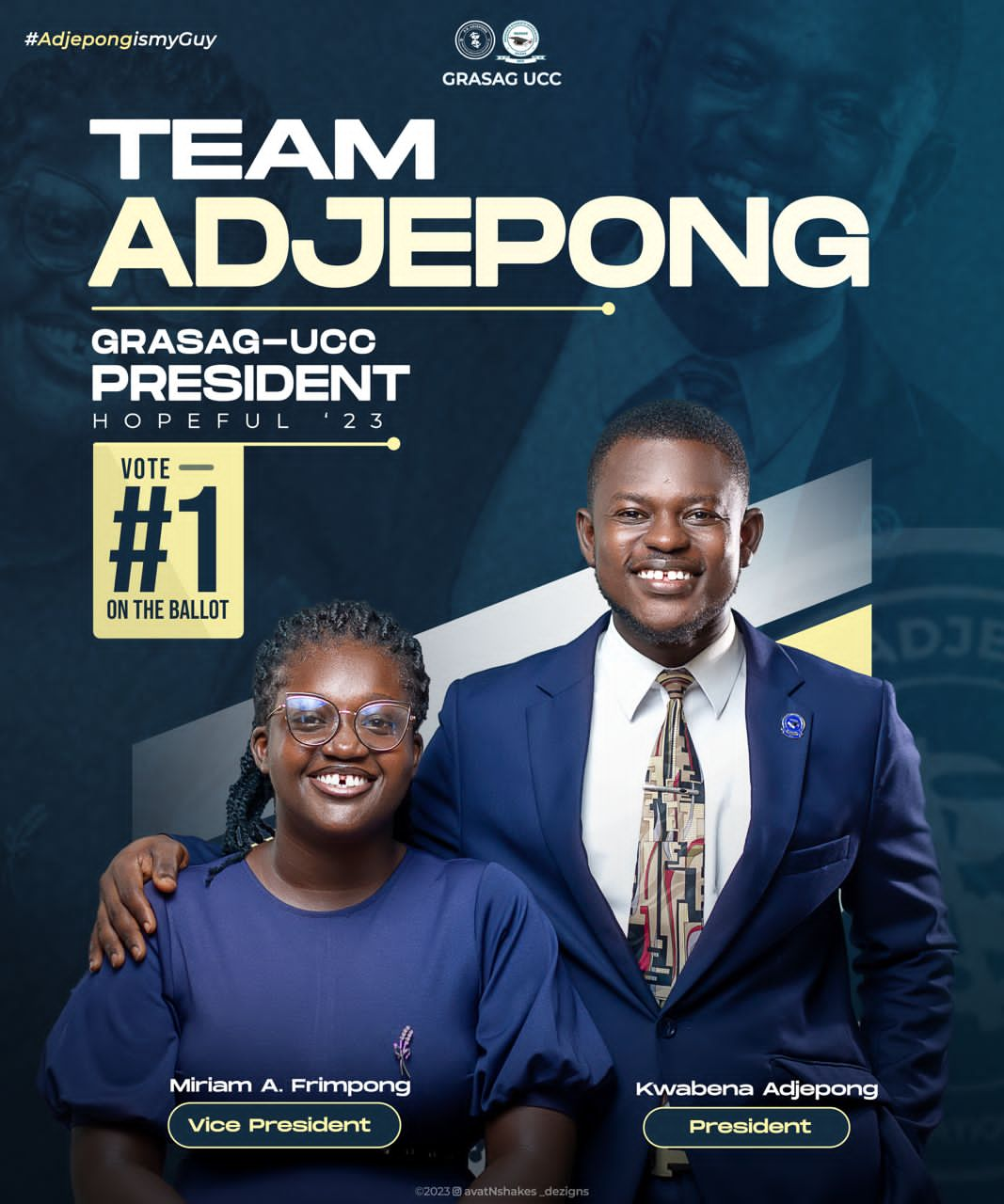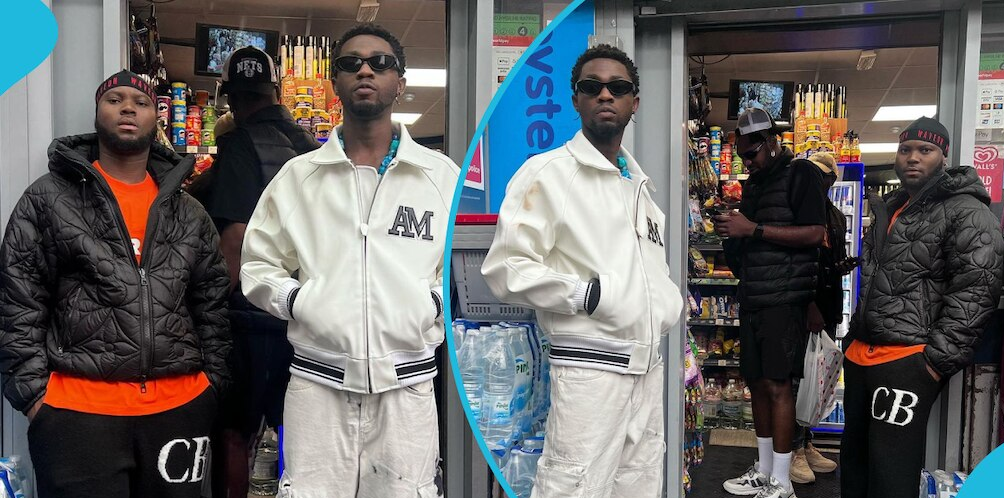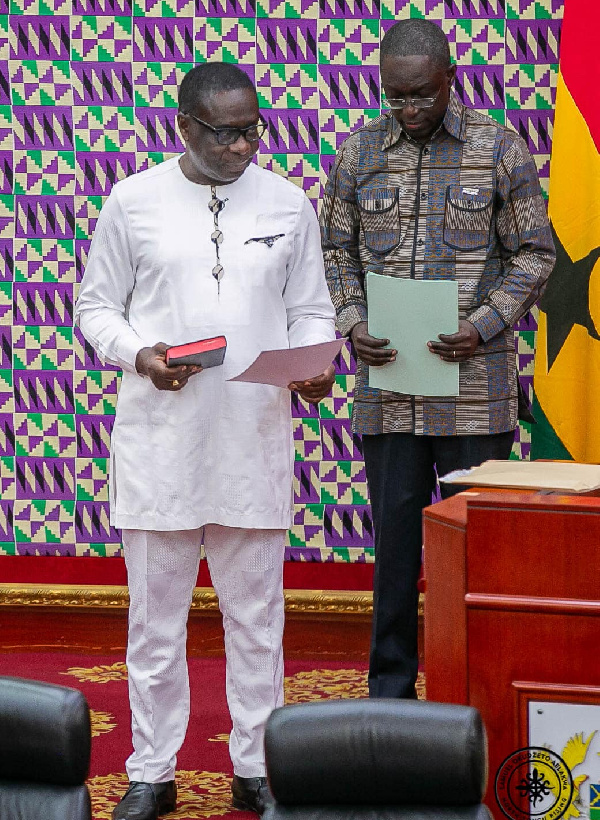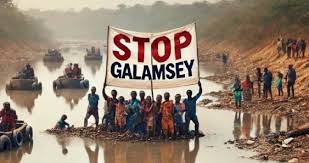Introduction
The historic city of Cape Coast, known for its rich cultural heritage, once again became the center of attention on Friday, September 6, 2024. The event? Orange Friday, part of the famous Fetu Afahye festival, a celebration that has brought people together for six decades. The streets were filled with people, color, music, and the unmistakable energy of a community proud of its heritage. But this year was different. It marked not only the 60th anniversary of the festival but also 25 years since the installation of the Paramount Chief of the Oguaa Traditional Area, making it a celebration for the ages.

Historical Background of Fetu Afahye
The Fetu Afahye festival is a significant cultural celebration held by the people of Cape Coast, also known as Oguaa. Rooted in ancient traditions, this festival was originally a means of purifying the land and ensuring prosperity for the people. Over the years, the festival has transformed into a much-anticipated event that not only preserves local customs but also attracts visitors from across Ghana and beyond.
The 60th Anniversary Celebration
This year’s Fetu Afahye was not just any celebration—it marked a milestone, the 60th anniversary of the festival. It was a moment to reflect on how far the Oguaa people have come and to look forward to the future. From traditional dances to colorful parades, the city was a lively canvas of culture, where past traditions met the present.
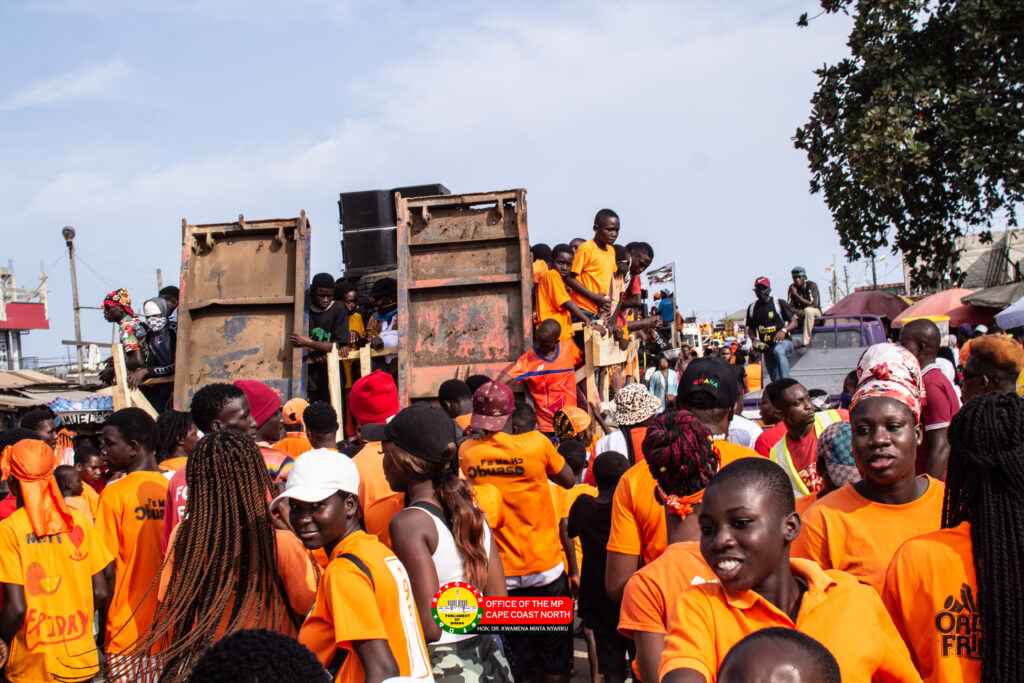
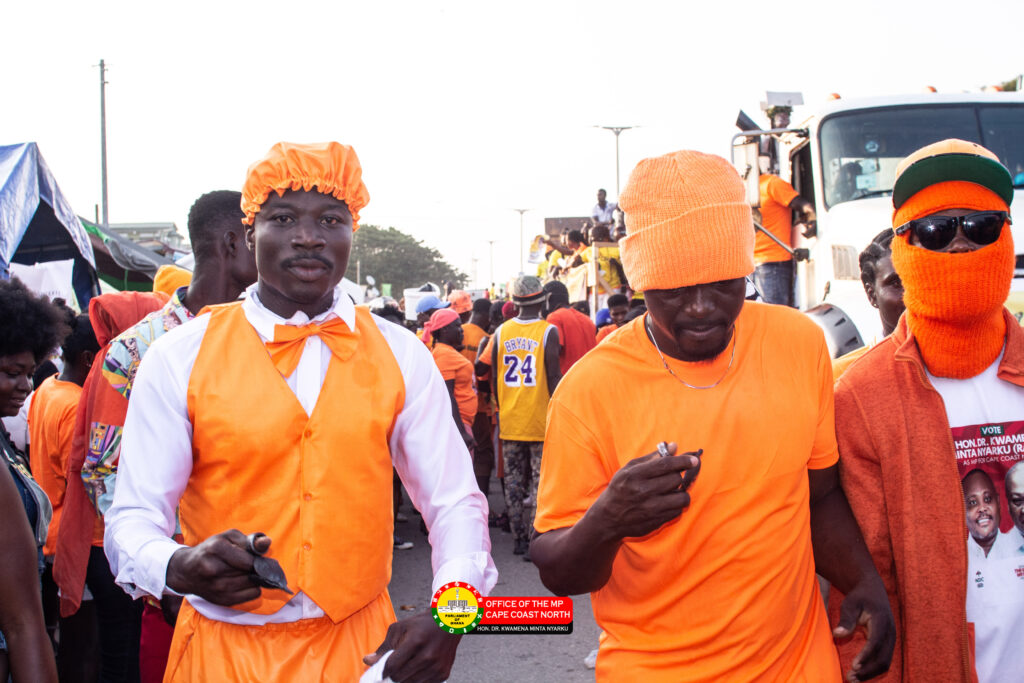
Orange Friday: The Highlights
One of the most anticipated aspects of the Fetu Afahye festival is Orange Friday. This special day stands out, not just for the vibrant color that fills the streets but also for what it represents. Orange Friday is a day when the community comes together to celebrate unity, joy, and pride in their culture. The streets are flooded with bright orange attire, turning the city into a sea of warmth and enthusiasm.
Cape Coast’s Cultural Heritage
Cape Coast is not only known for its involvement in the Fetu Afahye festival but also for its deep cultural roots. As a city that has played a pivotal role in Ghana’s history, the festival reflects the traditions of its people. Fetu Afahye showcases this unique cultural heritage, blending history with celebration, and is a time when the city’s past comes alive through vibrant displays and customs.
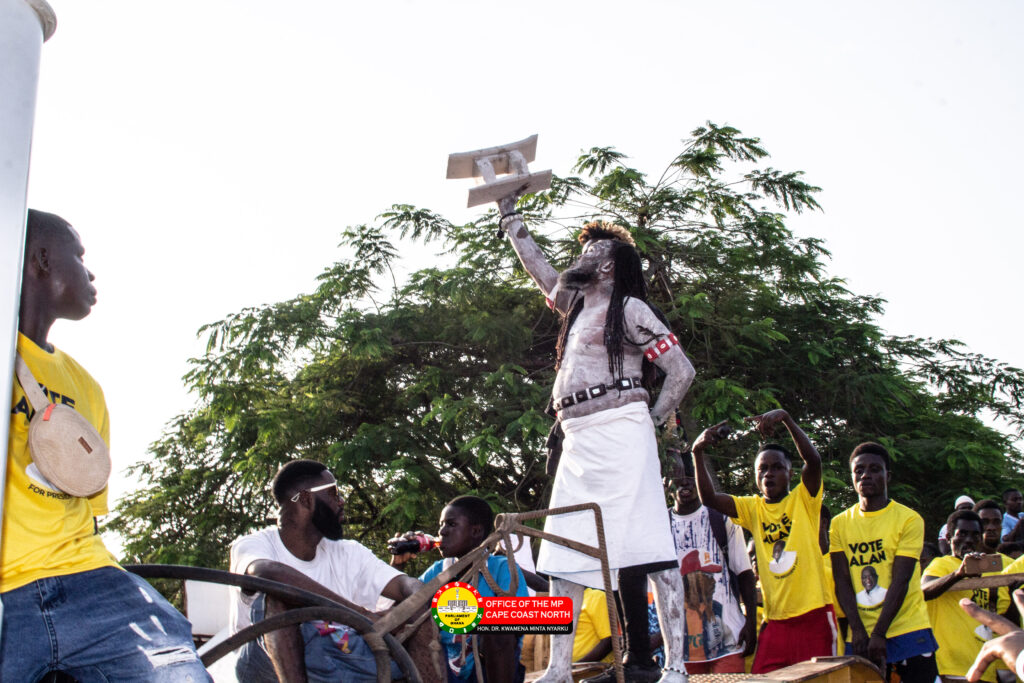
The Paramount Chief’s Role
Adding to the significance of this year’s celebration was the 25th anniversary of the installation of the Paramount Chief of the Oguaa Traditional Area. His leadership and influence are deeply intertwined with the festival’s activities. As a key figure in the community, his presence symbolized continuity and tradition, making this year’s Orange Friday even more meaningful.
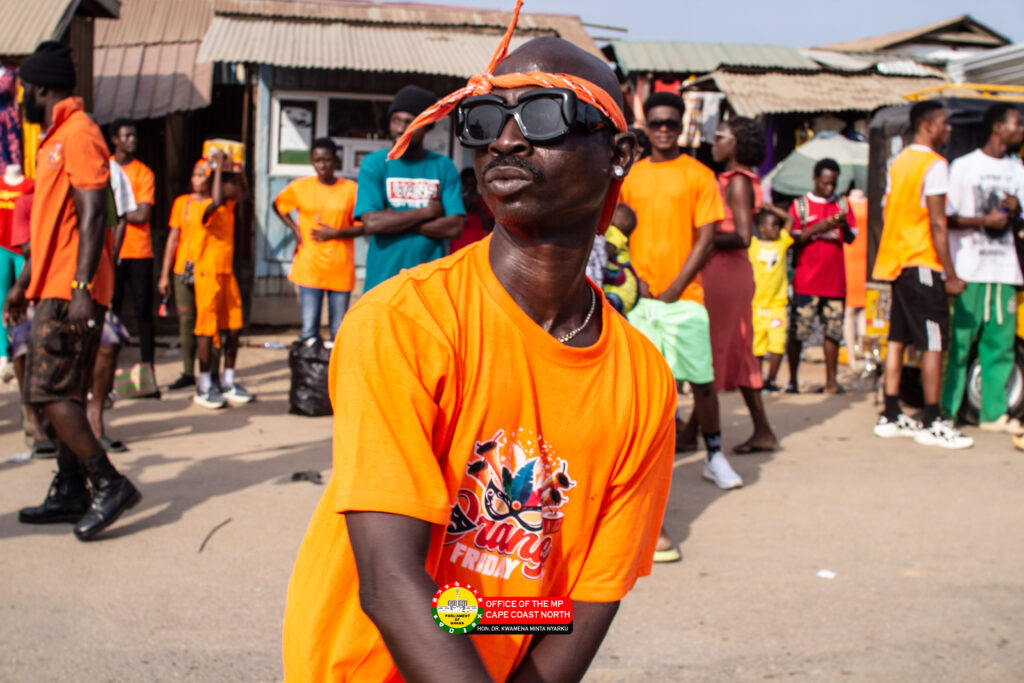
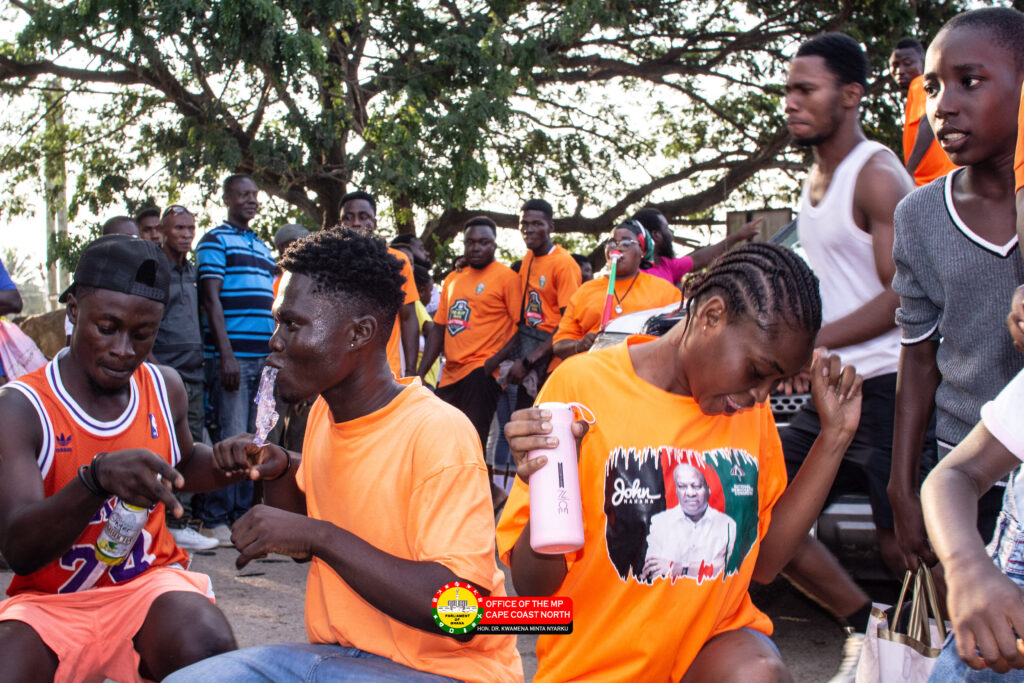
Traditional Music and Dance
Music and dance are at the heart of Fetu Afahye, with traditional performances captivating locals and visitors alike. During the 60th anniversary celebration, local artists and musicians played a central role in setting the mood, from rhythmic drumming to energetic dance routines. These performances are not just for entertainment but also serve as a means of storytelling, sharing the history and values of the Oguaa people.
Vibrant Orange Attire
The symbolism of the color orange is central to the celebration. It represents vitality, energy, and unity, and wearing it during the festival has become a proud tradition. People of all ages, from toddlers to the elderly, join in, creating a visually stunning atmosphere that radiates positivity. It’s not just locals who embrace this—tourists and visitors also dress in orange to immerse themselves fully in the spirit of the celebration.
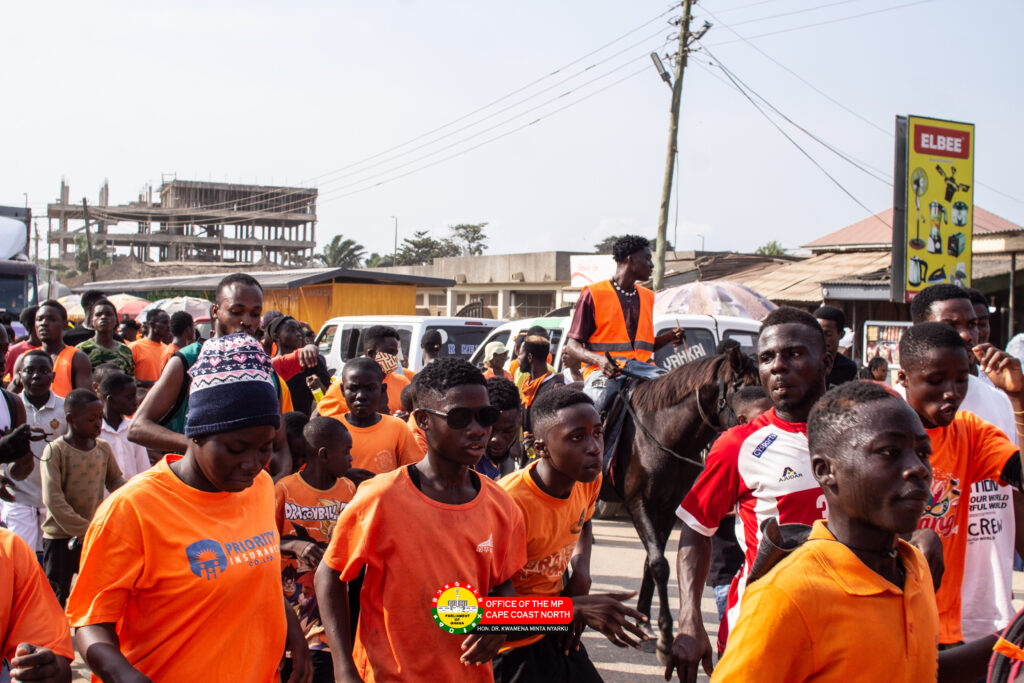
Cultural Displays and Processions
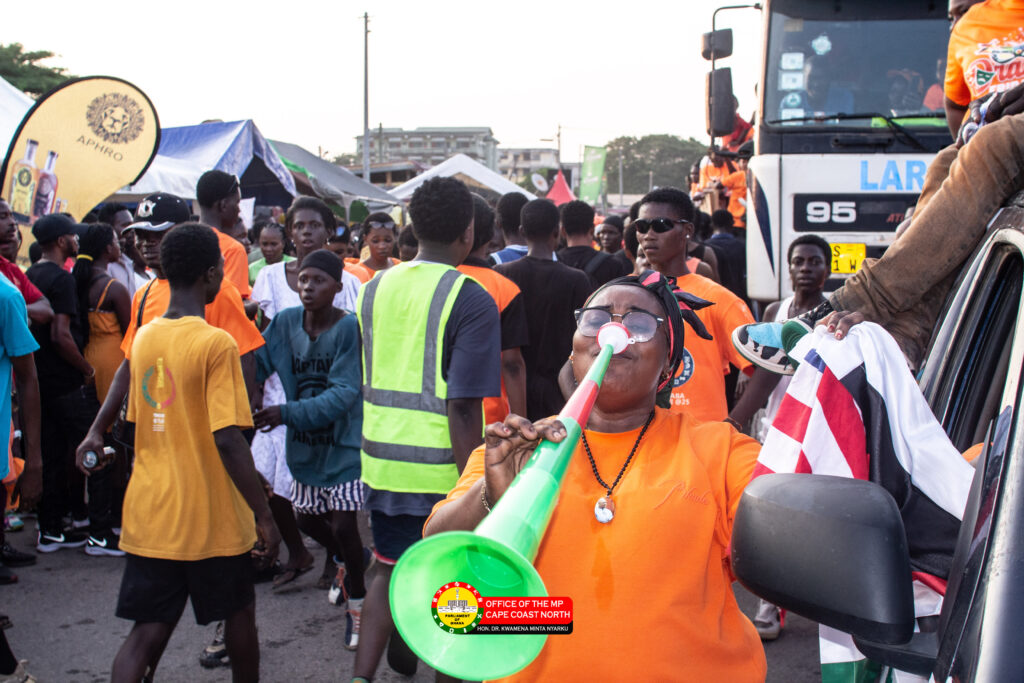

A key highlight of the festival is the traditional parades and processions that snake through the streets of Cape Coast. These processions showcase artifacts, symbols, and regalia that have been passed down through generations. The sight of cultural groups marching in unison, dressed in colorful attire and carrying important artifacts, is a powerful reminder of the community’s deep-rooted heritage.
Community Involvement
Fetu Afahye is a celebration for the Oguaa people, but it also draws in participation from neighboring communities and tourists. It’s a festival that invites everyone to partake in its joyous celebrations, fostering a sense of togetherness. Whether through food, music, or dance, the involvement of various groups highlights the inclusivity of the festival.
Economic Impact
Like many cultural festivals, Fetu Afahye provides an economic boost to the local community. From small businesses to larger enterprises, the influx of visitors during the festival brings increased revenue. Hotels are fully booked, markets are bustling, and artisans showcase their crafts. This economic benefit is one of the reasons the festival is eagerly awaited each year.
International Attention
Fetu Afahye has grown beyond being a local celebration—it has gained international recognition. Tourists from around the world come to witness the unique blend of tradition, color, and festivity. Media outlets also cover the event, further enhancing its reputation on the global stage and positioning Cape Coast as a key cultural destination.
Spiritual and Religious Elements
At its core, Fetu Afahye has strong spiritual significance. It’s a time for the community to give thanks and pray for prosperity. Rituals and ceremonies are held throughout the festival, ensuring the land remains pure and the people continue to thrive. These practices, steeped in tradition, connect the present generation to their ancestors.
Future of Fetu Afahye
As the festival celebrates its 60th year, one can’t help but wonder what the future holds. With the growing popularity of Orange Friday and the increasing involvement of younger generations, Fetu Afahye is set to continue evolving. However, its core values of unity, tradition, and celebration of heritage will undoubtedly remain unchanged.
Conclusion
The 60th anniversary of Fetu Afahye and the celebration of Orange Friday were truly remarkable. The city of Cape Coast was alive with joy, pride, and tradition, showing the world the strength of cultural heritage. As the festival continues to grow in popularity, it remains a vital part of the Oguaa people’s identity and a testament to the power of community.
FAQs
- What is the significance of Orange Friday?
Orange Friday is a key part of the Fetu Afahye festival, symbolizing unity, pride, and vitality through the vibrant color worn by participants. - When did Fetu Afahye start?
The festival has ancient roots, originally celebrated as a means of purifying the land and ensuring prosperity for the Oguaa people. - Who participates in Fetu Afahye?
The festival is celebrated by the Oguaa




